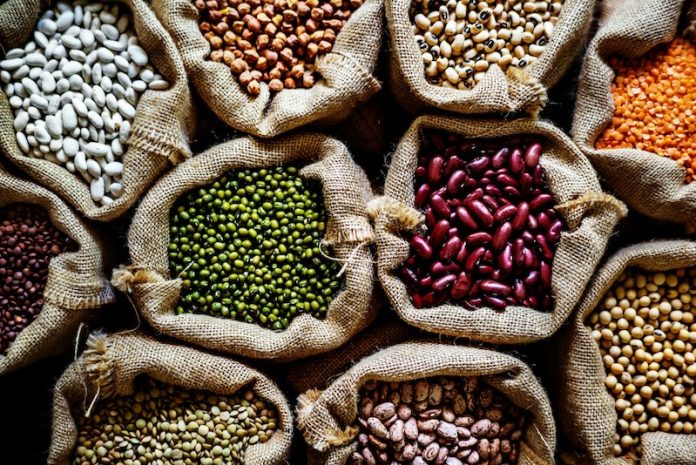
Non-alcoholic fatty liver disease (NAFLD) is becoming a significant global health issue, affecting about 30% of the world’s population.
This condition, which is marked by the buildup of excess fat in the liver without alcohol consumption, can lead to severe complications such as liver damage, type 2 diabetes, and heart disease.
However, recent research has brought a glimmer of hope in the form of resistant starch—a type of starch that isn’t digested in the stomach or small intestine, reaching the colon intact, where it nourishes beneficial gut bacteria.
In a groundbreaking study conducted by Huating Li and his team at Shanghai Sixth People’s Hospital, published in Cell Metabolism, the potential of resistant starch to significantly reduce liver fat and improve liver health in people with NAFLD was explored.
This research could offer a new, accessible strategy for managing this widespread liver condition.
The study involved 200 participants diagnosed with NAFLD. Over a period of four months, these individuals were divided into two groups: one group consumed resistant starch powder made from maize, while the other group received a calorie-matched, non-resistant corn starch as a control.
Both groups were instructed to mix 20 grams of their assigned starch with water and drink it before meals, twice daily.
The results were impressive. The group that consumed resistant starch experienced a nearly 40% reduction in liver triglyceride levels—a crucial marker of liver fat—compared to the control group.
This reduction is particularly noteworthy because it also included decreases in liver enzymes and inflammatory markers, which are often associated with the progression of NAFLD.
What’s more, these health benefits were achieved without any significant weight loss, suggesting that resistant starch has a direct and powerful impact on liver health.
The study also delved into the effects of resistant starch on gut bacteria. Participants who consumed resistant starch showed significant changes in their gut microbiome, including a marked decrease in Bacteroides stercoris, a bacterial species linked to liver fat metabolism.
This finding highlights the complex relationship between diet, gut health, and the management of diseases like NAFLD.
The implications of this research are far-reaching. Resistant starch offers a simple, affordable, and sustainable method for managing NAFLD, which could be easier for many people to incorporate into their daily routines compared to rigorous exercise or strict diets.
Huating Li points out that adding resistant starch to one’s diet is straightforward, making it an accessible option for those battling this liver condition.
Moreover, this study underscores the gut microbiome as a promising new target for NAFLD treatment, suggesting that future therapies could focus on improving gut health to combat liver disease.
As the researchers plan further studies to explore the role of resistant starch in treating NAFLD, their work may pave the way for innovative treatments that utilize dietary changes to improve liver health and tackle related metabolic disorders.
This study not only highlights the potential of resistant starch as a treatment for NAFLD but also contributes to our expanding understanding of the gut-liver connection. It offers new insights into how diet can influence liver health through its impact on the microbiome.
As research continues to uncover the links between diet and overall health, resistant starch might emerge as a crucial element in the fight against fatty liver disease and its associated complications.
If you care about liver health, please read studies about a diet that can treat fatty liver disease and obesity, and coffee drinkers may halve their risk of liver cancer.
For more information about liver health, please see recent studies that anti-inflammatory diet could help prevent fatty liver disease, and results showing vitamin D could help prevent non-alcoholic fatty liver disease.
Copyright © 2024 Knowridge Science Report. All rights reserved.



